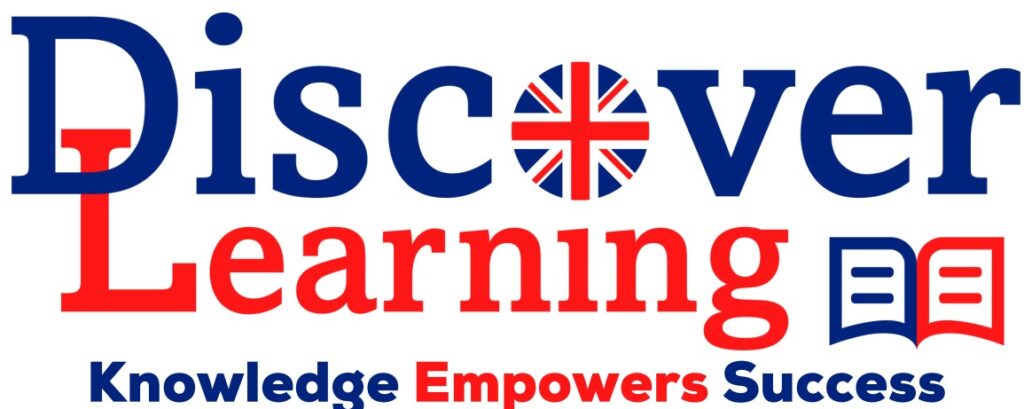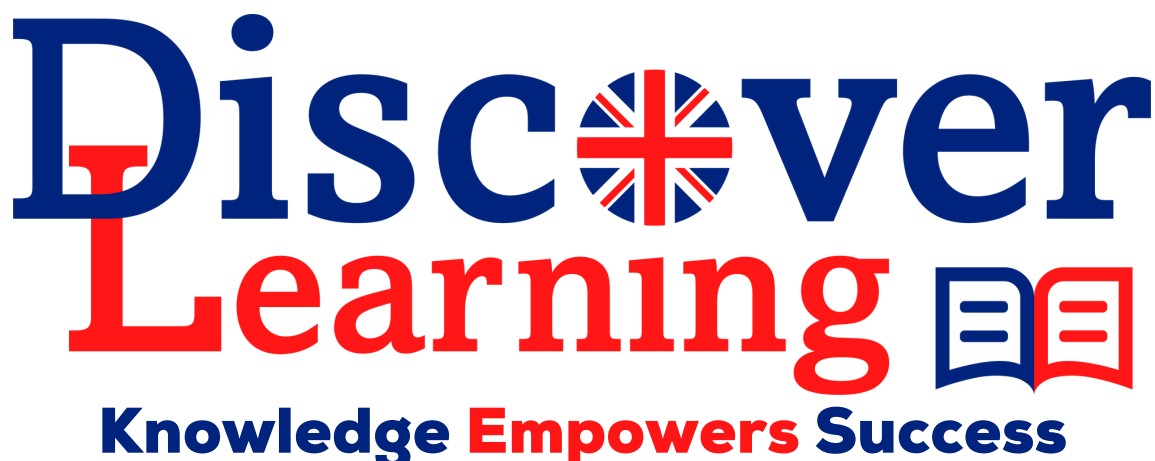Have you ever stared at an IGCSE Science paper and thought, “Wait… was I even taught this?” Don’t worry, we’ve all been there. Whether it’s triple science or combined, the IGCSE curriculum can feel overwhelming with its endless equations, definitions, and experiments. And let’s face it, cramming everything the night before doesn’t exactly lead to success—especially when you’re balancing school, assignments, and a little bit of stress.
Here’s the good news: you don’t need to study harder—you need to study smarter. And that’s exactly what this guide is here to help with. With strategies from top Dubai science tutors, we’ll show you the methods that help students boost their grades, build their confidence, and yes—actually start enjoying science.
Understand the IGCSE Science Exam Structure
ChatGPT said:
Alright, first things first—you need to know exactly what you’re working with. I once made the mistake of focusing solely on Physics because I thought it was the most important, only to realize I was taking Combined Science, where the marks were evenly split. Oops.
Here’s a quick breakdown:
- Combined Science: Covers Biology, Chemistry, and Physics in a more condensed format. Ideal if you’re not planning to dive deeply into the sciences after IGCSE. You also get two IGCSEs for this one.
- Coordinated Science (Double Award): You get two IGCSEs for this one. It’s a bit more in-depth than Combined Science but still manageable.
- Triple Science: A full dive into each subject, with separate grades for Biology, Chemistry, and Physics. It’s more content, more exams, and more work overall.
Each exam comes in Core and Extended levels. Core maxes out at a C grade, while Higher can reach up to an A. Be sure to know which level you’re sitting for!
And whatever you do, don’t skip reading the syllabus guide. It lays out exactly what you need to know—and what you don’t. I printed mine out and highlighted every topic.
Create a Smart Study Plan That Works
Look, winging it doesn’t work with IGCSEs. I learned that the hard way in Year 10, when I ended up pulling three all-nighters and still blanked out on osmosis.
Here’s what really helped me:
- Split your time by topic, not subject. For example: Monday = “IGCSE Physics: Forces,” Tuesday = “IGCSE Chemistry: Periodic Table.”
I followed a 6-week revision cycle before my mocks:
- Weeks 1–2: Focus on learning and reviewing weak areas.
- Weeks 3–4: Practice questions + tutor support.
- Weeks 5–6: Tackle past papers and take timed mocks.
I also color-coded my planner—red for “urgent topics” (like those stubborn Physics equations that just wouldn’t stick).
And don’t schedule 4 hours straight. Study in 45-minute blocks with short breaks in between. Your brain needs some rest.
Lastly, I made it a Sunday habit to plan the week ahead. Something about putting pen to paper really helped me stay committed.
Use Proven Active Recall and Spaced Repetition Techniques
Passive reading is a trap. You feel productive but retain nothing.
Once I switched to active recall, my test scores shot up. Here’s what I used:
- Flashcards : I made them for formulas, definitions, and keywords. Reviewed daily.
- Blurting method: Close your book and write down everything you know about a topic. Then check what you missed.
- Spaced repetition: Don’t just cram. Review at increasing intervals—Day 1, Day 3, Day 7, etc.
Also, I used voice notes to quiz myself while walking the dog. Weirdly effective. And if you’re a visual learner, mind maps are gold.
Leverage Expert Science Tutors in Dubai
You don’t have to do this solo. I remember getting stuck on redox reactions for weeks until a tutor at Discover Learning broke it down in one session. Boom—lightbulb moment.
Here’s why tutoring helps:
- Immediate feedback – No more guessing if your answer’s right.
- Custom pacing – Tutors target your weak spots.
- Accountability – Weekly sessions keep you on track.
At Discover Learning, tutors even simulate real IGCSE exam scenarios. That kind of prep saved me during my mocks. Look for tutors who understand the Cambridge syllabus, have past paper insights, and explain concepts, not just give answers.
Trust me, one great tutor can cut your stress in half.
Practice Past Papers Like a Pro
Here’s where the magic happens.
I started doing past papers 6 weeks before my exams, and looking back, I wish I’d started even earlier. Here’s what worked for me:
- Do 1–2 papers per week, then ramp up the frequency as the exam gets closer.
- Time yourself strictly. Use a real clock, not your phone. It mimics exam conditions and helps with time management.
- Always mark using official mark schemes. This helps you think like an examiner and understand what they’re really looking for.
- Highlight command words in the questions, like “describe,” “explain,” and “evaluate.” These tell you exactly what kind of answer is expected.
- And when you mess up? That’s actually a good thing. That’s where the real learning happens. I kept a “mistake logbook” for recurring errors and reviewed it every Sunday. Nerdy? Maybe. Effective? Absolutely.
Master Data Analysis, Graphs, and Scientific Vocabulary
Ugh, graph questions. They used to trip me up every time. I’d describe trends like “it goes up a bit then flattens” and lose all the marks.
Here’s how I fixed it:
- Use precise terms like “increases steadily,” “plateaus,” or “sharp decline” instead of vague descriptions.
- Practice both drawing and interpreting graphs, especially line and bar graphs. The more you practice, the more intuitive it becomes.
- Know the units inside out. Seriously—watch out for tricky ones like “per second squared” or “joules.”
- Cambridge loves throwing in tricky vocabulary, so make a flashcard set of key terms like diffusion, catalyst, vector, and refraction. Trust me, it helps.
One of my tutors also had me explain every graph out loud as if I were teaching it. It felt a little silly at first, but wow—it really worked.
Know What Examiners Reward (and Penalize)
If I could give one cheat code, it’s this: study the examiner reports. They show you exactly where students commonly mess up and what earns marks.
- Use the exact keywords examiners expect—like “thermal energy is transferred,” not “the heat moves.”
- Answer with structure. Bullet points help with longer answers and make your response clearer.
- Re-read your answers. I once lost 2 marks for forgetting a unit.
Remember, examiners don’t give partial credit for “sort of” knowing. They reward clarity and accuracy.
Conclusion: Your Path to IGCSE Science Success Starts Here
Alright, let’s wrap it up. We’ve covered everything—from understanding the exam to using smart revision strategies, practicing with past papers, and even getting tutoring help. The truth is, you don’t need to be a science genius to ace IGCSE. You just need the right tools, a clear plan, and a little support.
If you’re serious about boosting your grades and cutting the stress, let Discover Learning’s expert tutors guide you. We’ve helped hundreds of Dubai students crush their science exams—and we can help you too.
Book your free trial session now. Let’s get you that A!

